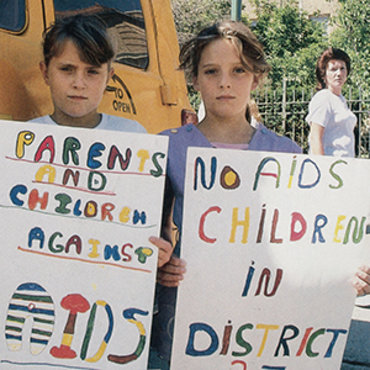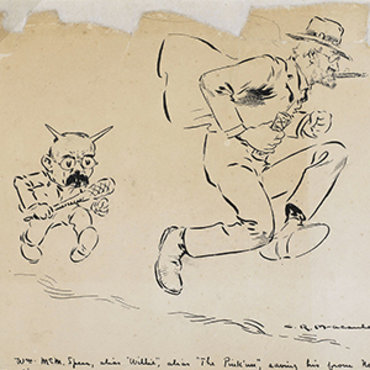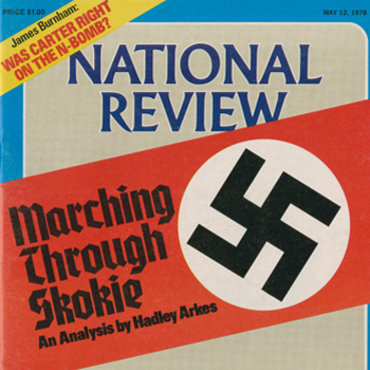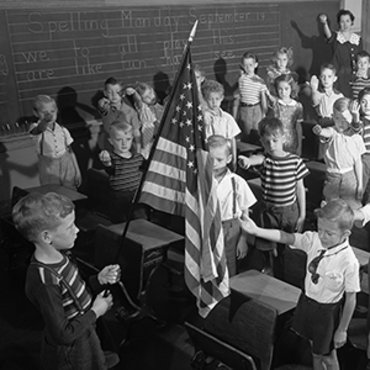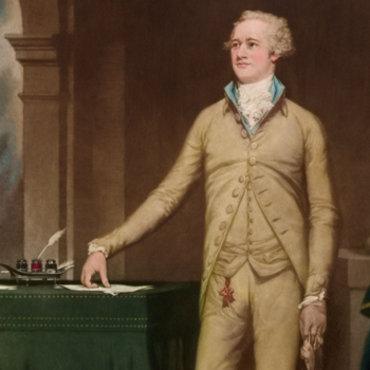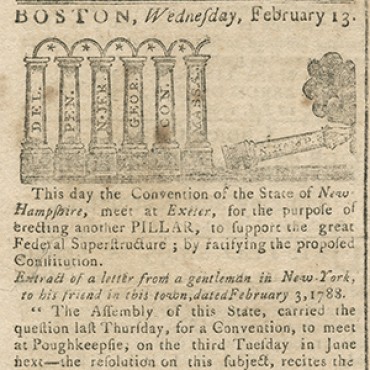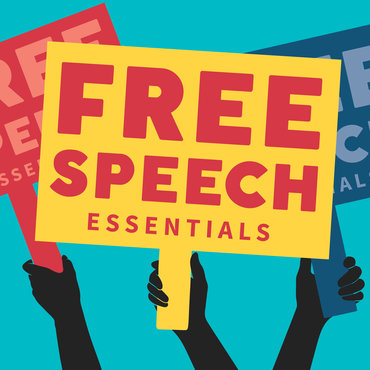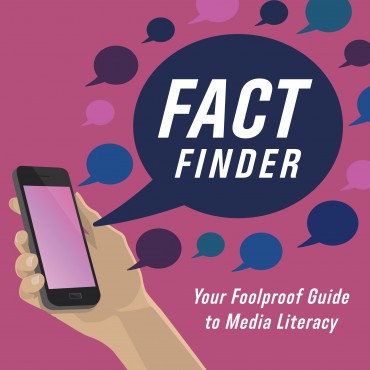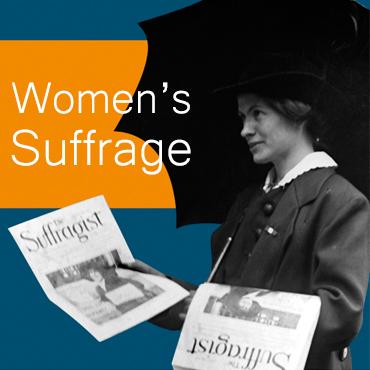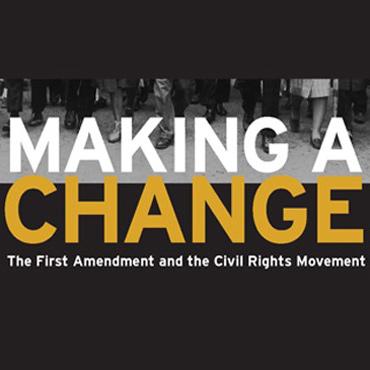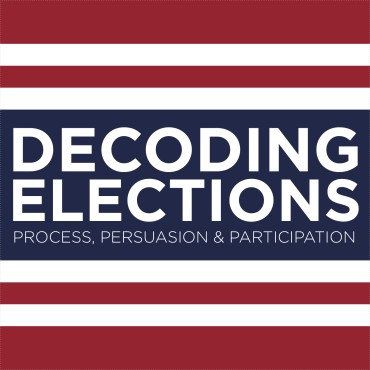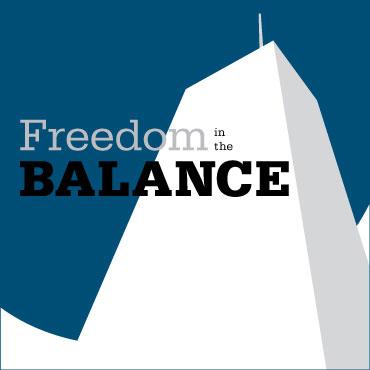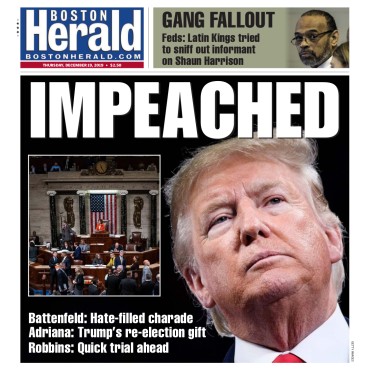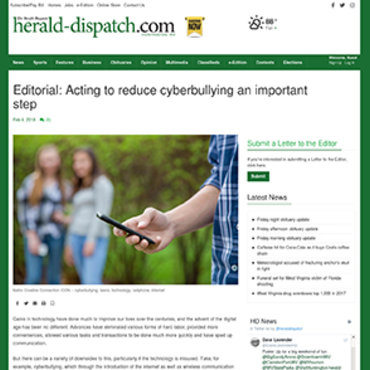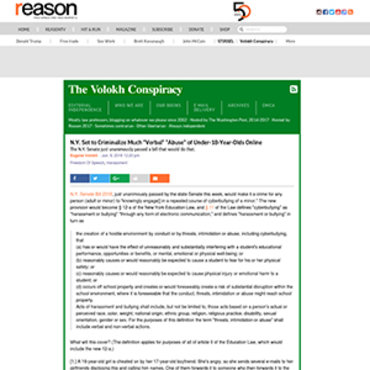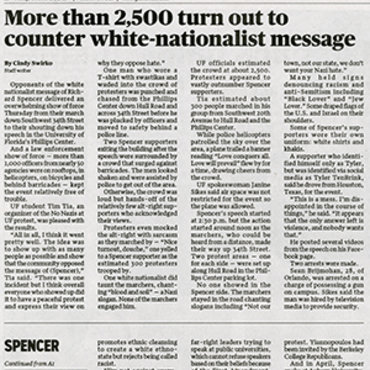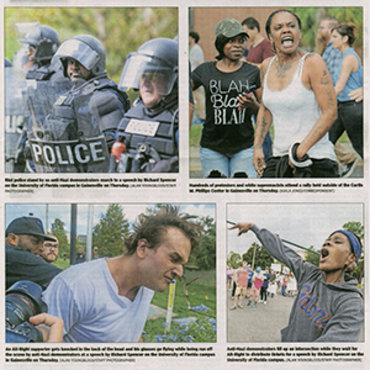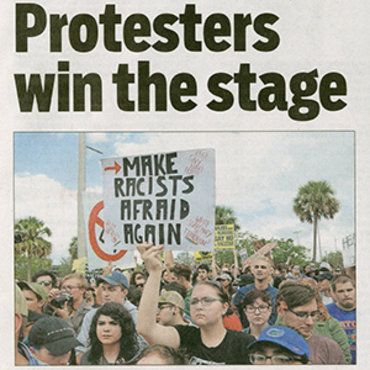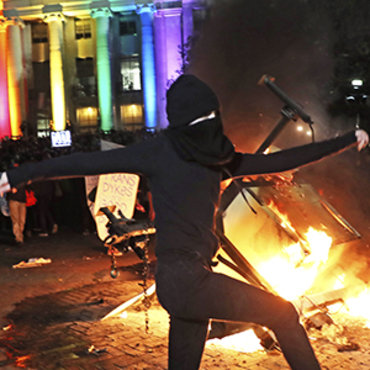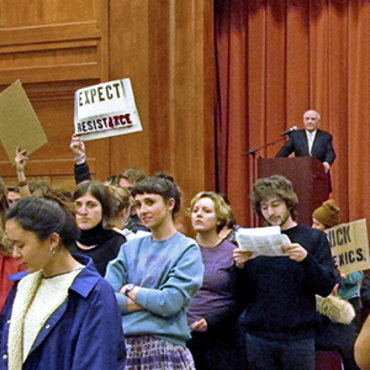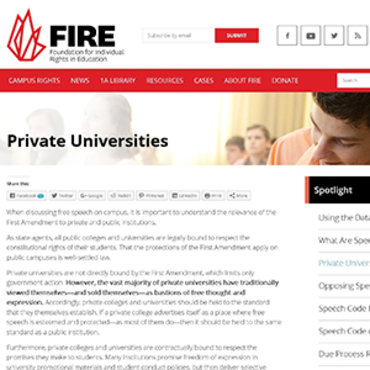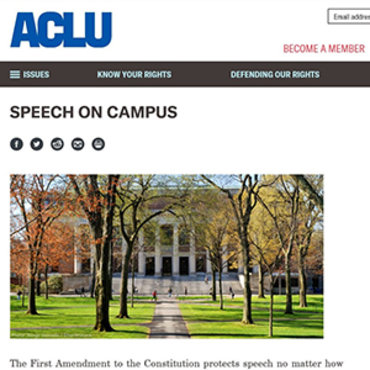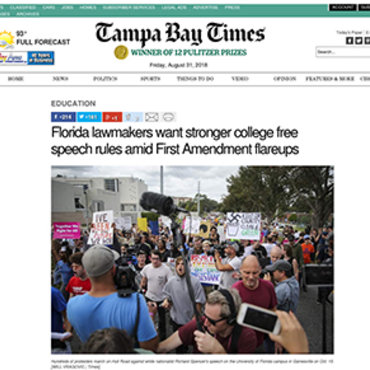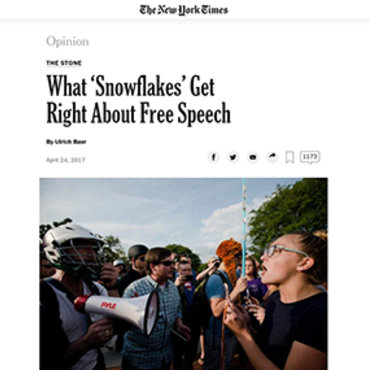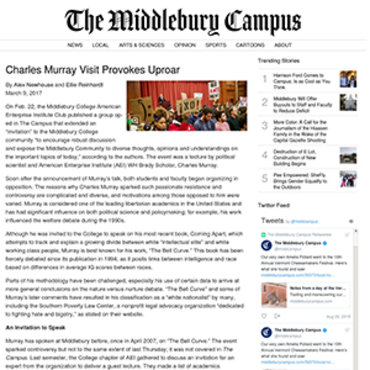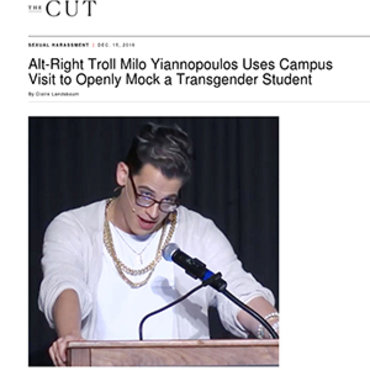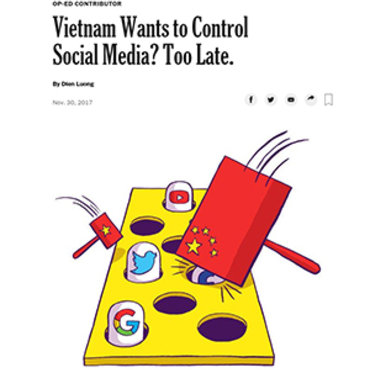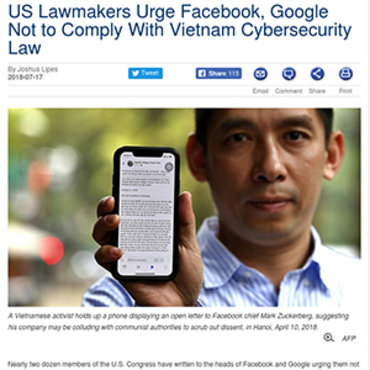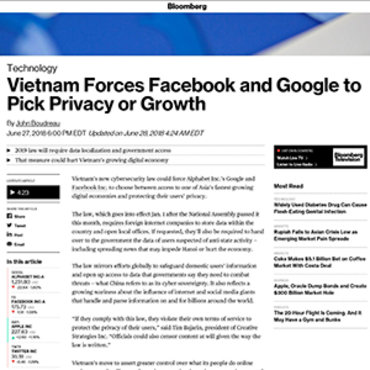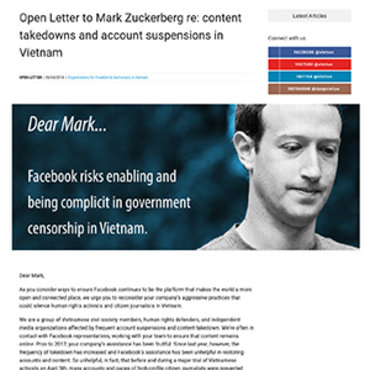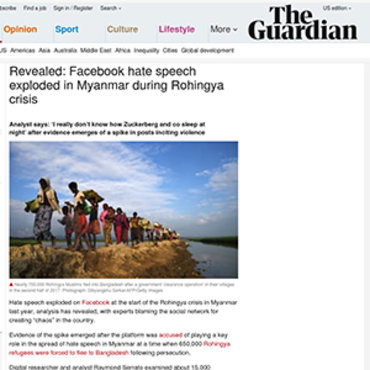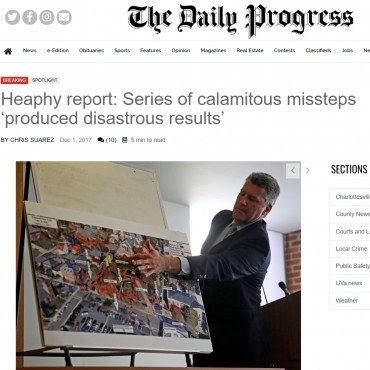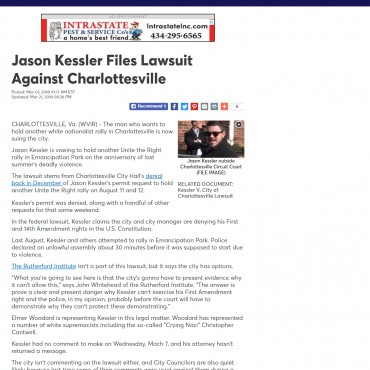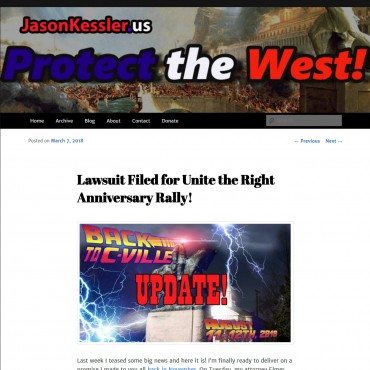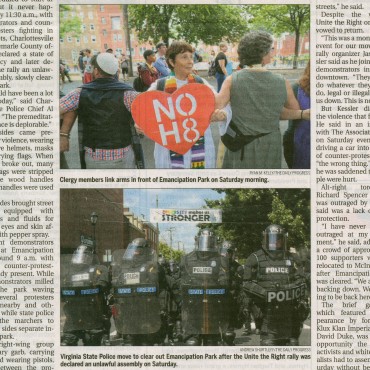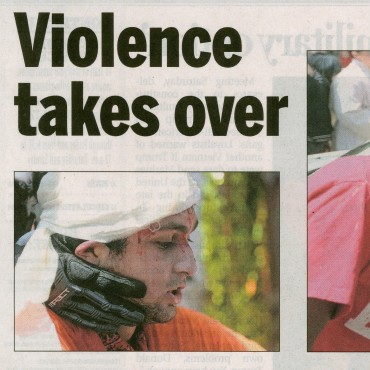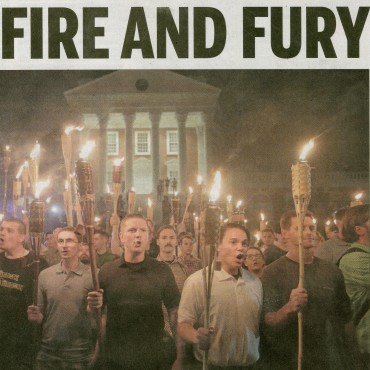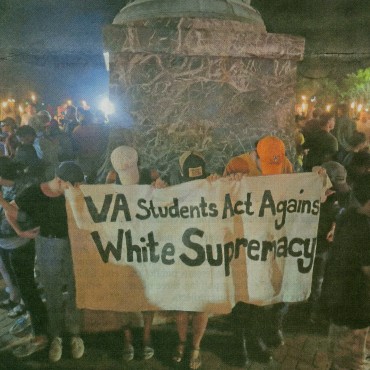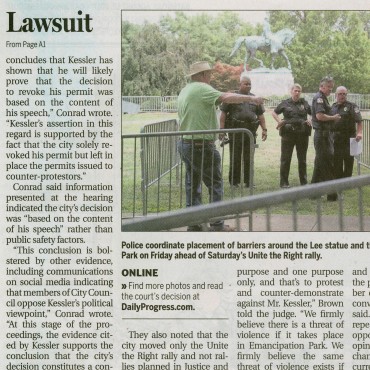2018: When Hate Goes Viral
Should online messages expressing hatred of specific groups be protected speech?
Get even more great free content!
This content contains copyrighted material that requires a free NewseumED account.
Registration is fast, easy, and comes with 100% free access to our vast collection of videos, artifacts, interactive content, and more.
NewseumED is provided as a free educational resource and contains copyrighted material. Registration is required for full access. Signing up is simple and free.
With a free NewseumED account, you can:
- Watch timely and informative videos
- Access expertly crafted lesson plans
- Download an array of classroom resources
- and much more!
This Critical Debate is part of a Debate Comparison:
See all Debate Comparisons- Constitution
- Current Events
- 8-12
- College/University
Do your students know what they’re free to say online? At school? On a public street corner?
From censorship to cyberbullying, the First Amendment and the freedoms it protects are as hotly contested as ever. This case study is part of our EDCollection that explores 16 real free speech debates ranging from the founding of our nation to recent headlines to illustrate what free speech actually means, where it comes from, and how far it can go. It’s information everyone needs to voice their opinions and shape our society.
Using This EDCollection
This EDCollection is designed to meet the needs of a wide range of circumstances and curricula. Whether you’re a social studies teacher looking for a complete unit or an English teacher looking to spend a single class period on free expression, there’s something for everyone. This complete package will lead students to the outcomes below.
Build Fact-Based Arguments
The Free Speech Essentials curriculum aligns with state and national standards as it guides students to take a position, find evidence to support it, and make a compelling presentation to their peers. Potential evidence includes:
- Writings, images and video from 1787 to 2018
- Primary and secondary sources
Connect Past and Present
Six of the eight pairs of case studies in this EDCollection juxtapose real historical and contemporary debates on a key free expression question. These pairs allow students to explore the historical origins of a key question — and get context for tackling today’s hot-button issues. The other two pairs provide different perspectives on a contemporary issue. Topics include:
- Federalism and Facebook
- Presidents and the press
- Censorship and cyberbullying
Keep Calm (and Debate On)
Our case studies are structured to help students experience the passion of the real players, while still practicing productive debate. We provide everything you need to prepare and fully support your students as they engage in civil discourse and debates:
- Overviews of the outcomes
- Clear scenarios and suggested positions
- Suggested discussion prompts.
Today’s social and political landscape can sometimes make free speech and First Amendment controversies seem too explosive for classroom exploration. We’ve created Free Speech Essentials to give you the tools you need to start tackling these vital topics with confidence and create enriching experiences for your students.
— The NewseumED Team
THE CASE
You are a U.S. representative in Congress and constituents from your district have approached you about proposing a federal law to ban hate speech on the internet. Hate speech attacks certain individuals or groups on the basis of attributes they cannot change, such as their skin color, national origin, religion, gender or ability. Although hate crimes are illegal, the expression of hateful ideas without violent or harassing actions is protected by the First Amendment. Your constituents believe hate speech itself should be criminalized. They believe that this type of speech is increasing thanks to social media, and that its growing reach makes it more dangerous.
In support of their position, the constituents point to Germany. There, hate speech has been illegal since shortly after World War II. The country also recently passed a law to expand government control over hate speech online. The law requires social media companies such as Facebook to remove “obviously illegal” content, including hate speech, within 24 hours of receiving a complaint or face massive fines. German officials passed the law because they believe that hateful messages spreading online contributed to tension and even violent clashes in their country.
It’s clear that hate speech causes genuine distress for some in your community and that they fear it could feed into the same kinds of conflict and violence seen in Germany. You have seen firsthand the type of inflammatory and even repulsive posts your constituents want to ban, and you agree that they are difficult to stomach. But you also know that banning a particular type of speech should not be taken lightly and would come with many practical challenges.
Should you sponsor legislation to ban hate speech and control its spread online?
-
No. Banning online hate speech is impractical and likely illegal.
New technology may make certain types of offensive speech more visible, but the First Amendment has survived new challenges in the past. Blocking this type of content may protect people with extreme and hateful views from the public scrutiny they deserve by driving them underground.
-
Yes. Words matter, and this type of message could lead to some populations being harmed.
If the government refuses to censor hate speech, it sends the message that it is okay. Speech that singles out and attacks certain individuals or groups of people could ultimately put these populations in danger and should be out of bounds.
- What is hate speech? How would you define it? Who should define what does or does not fall under this category of speech?
- How would you argue for and against First Amendment protection for hate speech?
- How are online expressions of hate the same and different from other forms of hate speech, such as public speeches or protests? Consider the possible reach, audience and impact.
- Who is in the best position to regulate the kind of speech we see on social media: governments, individual users, or the websites themselves?
- What are the dangers of having unlimited speech rights on the internet? What are the dangers of limiting speech rights?
- Should all countries abide by the same social media restrictions? Why or why not?
- How does having some content visible in certain countries but not in others change the type of conversation or speech that is possible on social media sites?


